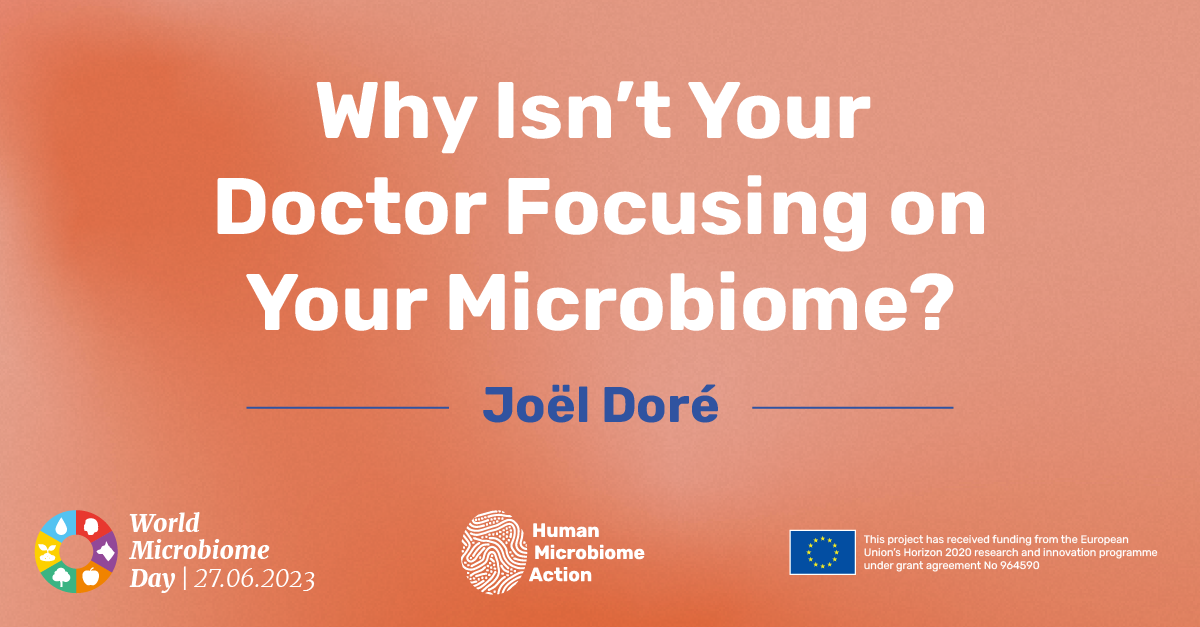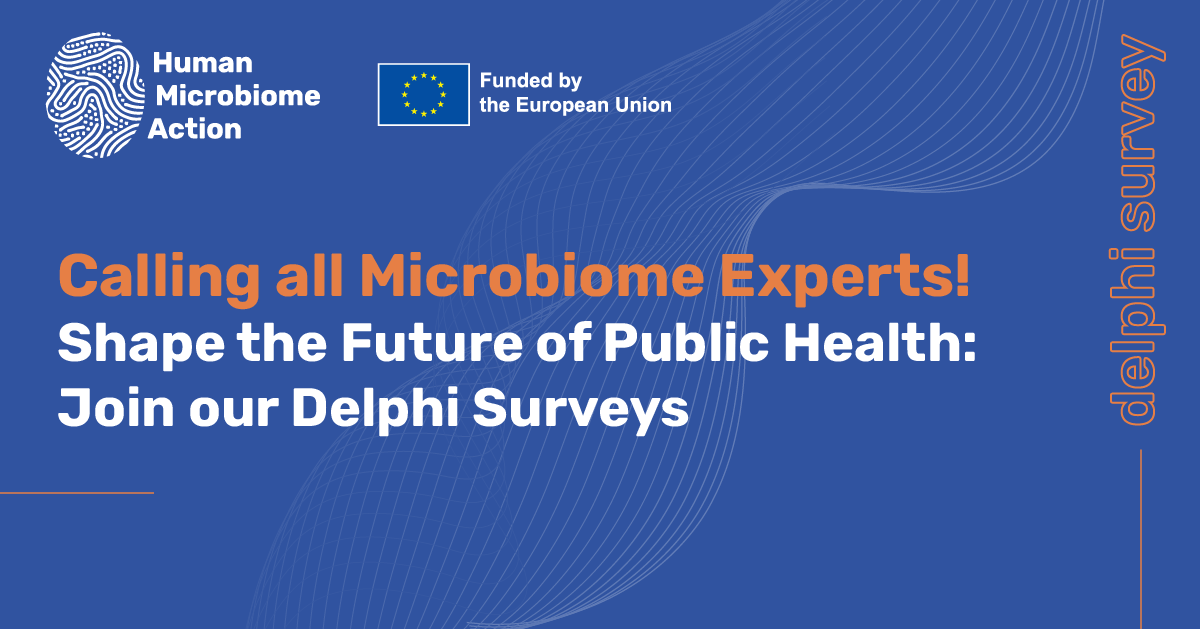Why Isn’t Your Doctor Focusing on Your Microbiome?
Do you suffer from Irritable Bowel Syndrome (IBS) that affects your daily life? Or perhaps your child has been diagnosed with Autism and you’ve heard that faecal transplantation could be helpful. Maybe you’re undergoing chemotherapy for cancer, and you’re concerned about the impact on your microbiota. You’re not alone. Many people have similar concerns and wonder why their doctors aren’t paying more attention to the microbiome.
Microbiome science has advanced rapidly in recent years. Large-scale studies like The French Gut and the Million Microbiome of Humans Project are propelling this field even further. Scientists are also making efforts to communicate their findings to the general public through the press and TV. In fact, some companies now offer microbiome testing directly to consumers.
So, with all this progress, why isn’t the microbiome fully integrated into medical practice yet?
The answer lies in the need for clinical evidence. As humans, we are teeming with trillions of bacteria and countless other microorganisms. These microbes are essential to our well-being, acting as regulators of our intestinal ecosystem. They control what can enter and establish in our bodies, while also playing roles as metabolic, immune, and neuro-vegetative regulators. They eat fibres, provide vitamins, balance our defences, and manage communication between the gut and all other organs.
However, when it comes to using the microbiome or microorganisms derived from it for preventive or therapeutic purposes, we are essentially dealing with drug development. Just like with any other medication, clinical trials are required to prove their effectiveness and safety. As many of us learned during the COVID pandemic, we must go through the rigorous phases of drug development (Phases I, II, and III) before treatments can be accepted and delivered to patients. The only exception is compassionate use, which allows access to the treatment when it has shown promising results in a Phase II trial and when there are no other viable options left.
Despite the need for regulatory validation, we can be optimistic about the future integration of microbiota-host symbiosis management into clinical practice. The progress being made suggests that it won’t be long before these innovative treatments become more widely available. However, until then, it is important to exercise patience and await formal regulatory approval for these therapies.
In the pursuit of advancing this field, the ongoing European Project Human Microbiome Action is dedicated to facilitating these developments. To stay on top of the recent developments in the field of human microbiome research, sign up for the project’s newsletter, follow the @SciFoodHealth channel (#HumanMicrobiomeAction) on Twitter or LinkedIn or reach out to the project partners via email: info[at]humanmicrobiomeaction.eu
In conclusion, the microbiome plays a crucial role in our health and well-being. While progress is being made in understanding its significance, clinical evidence is necessary to ensure the safety and effectiveness of treatments involving the microbiome. Efforts are being made to bridge this gap and bring microbiome-based applications into mainstream medical practice.
This text was created by Joël Doré in collaboration with World Microbiome Day.



